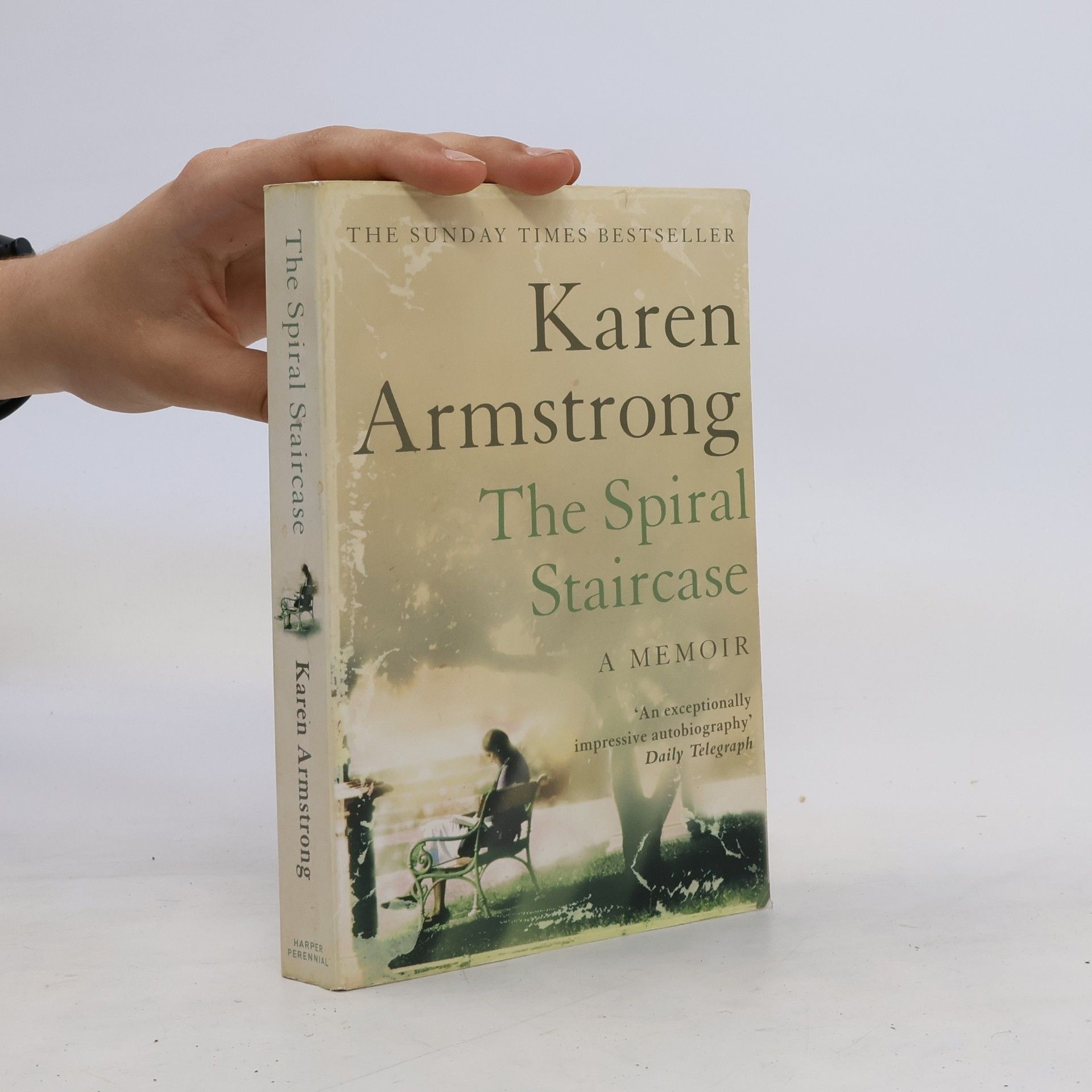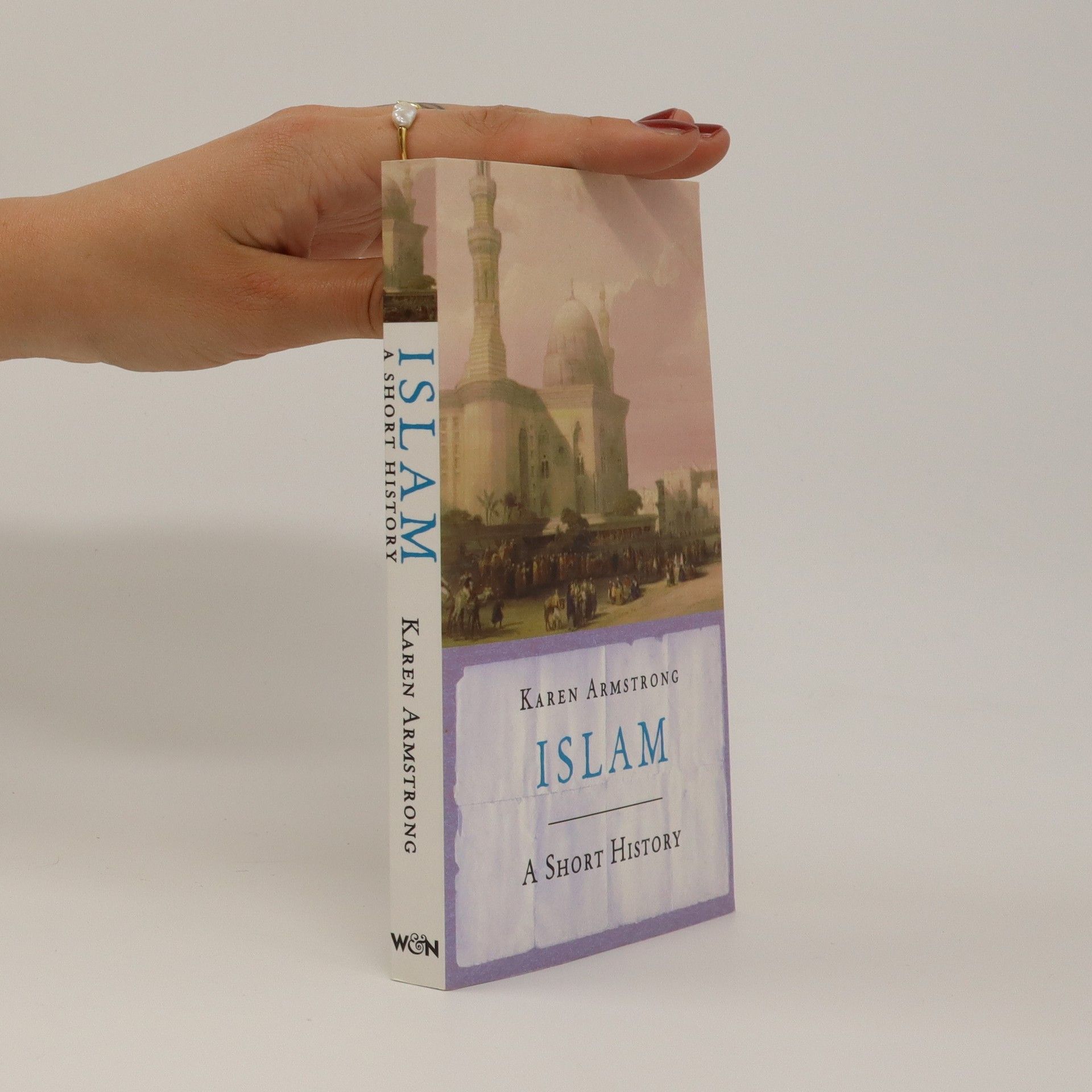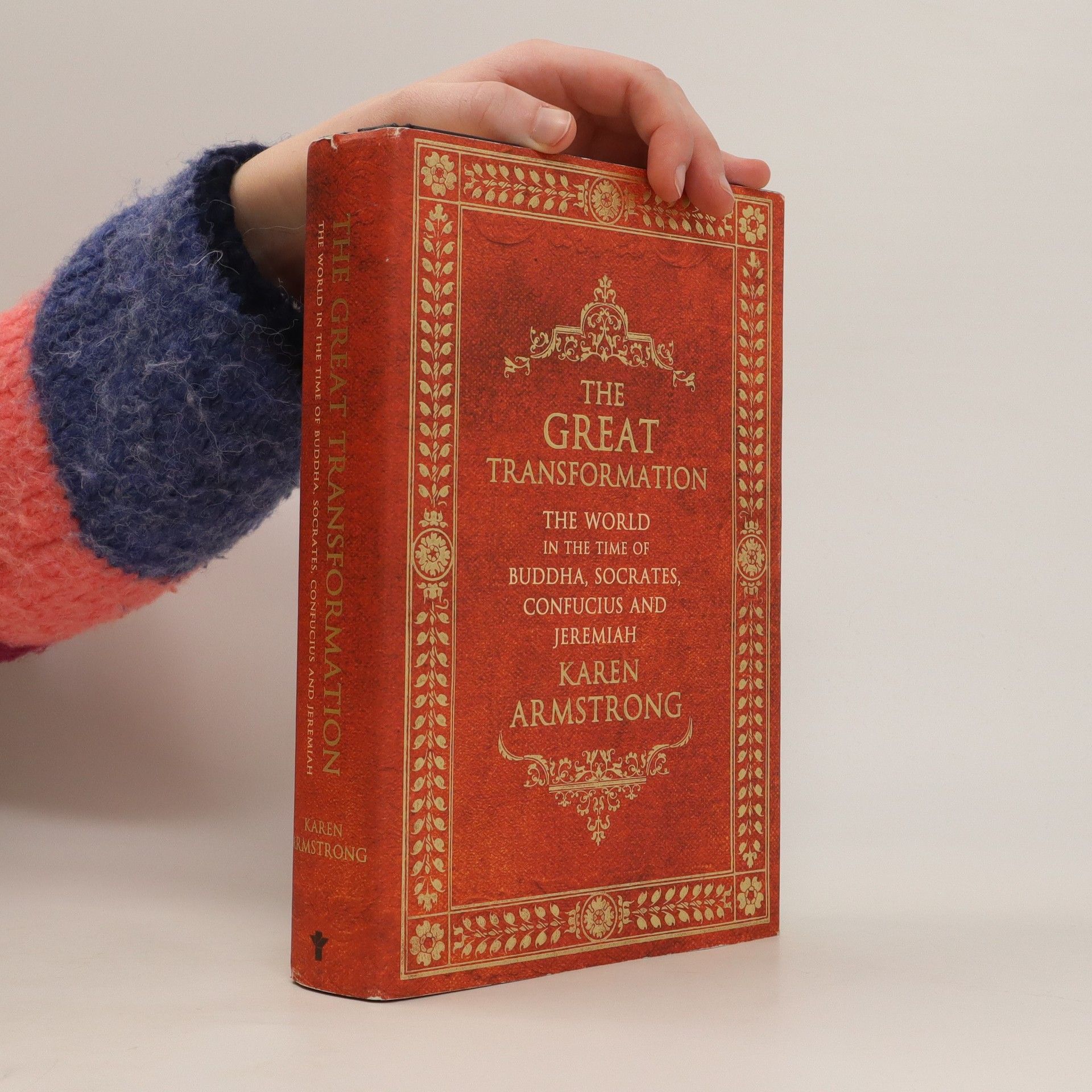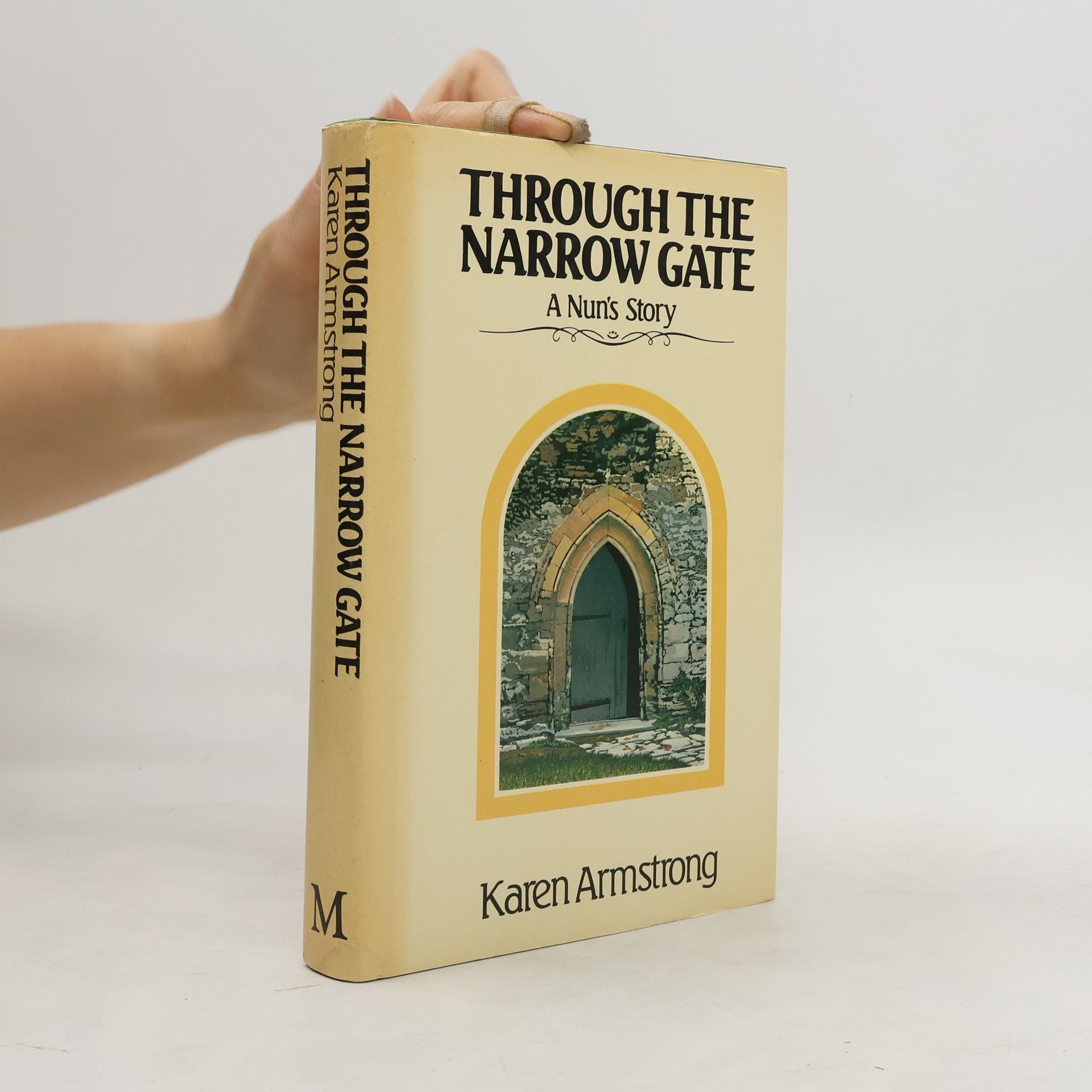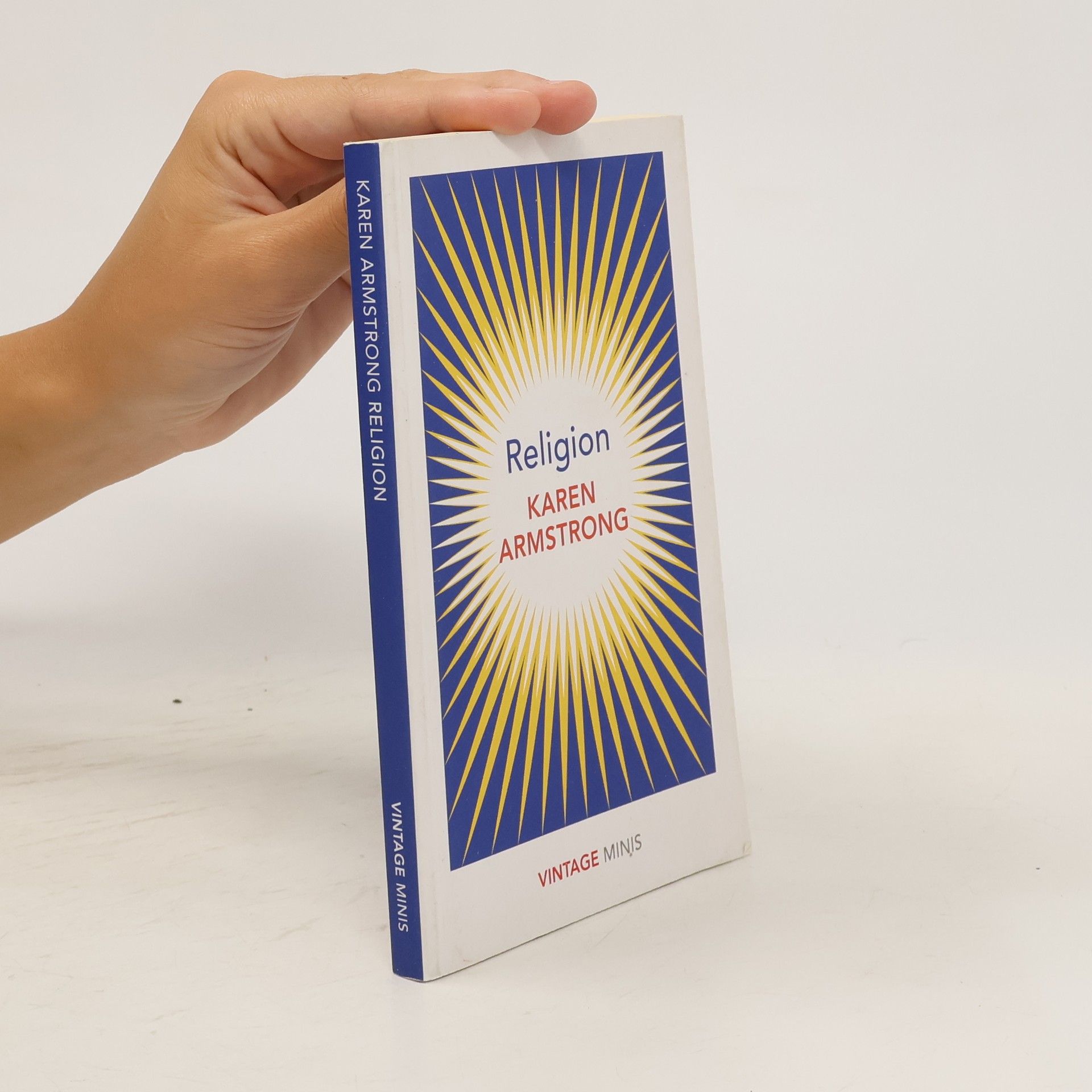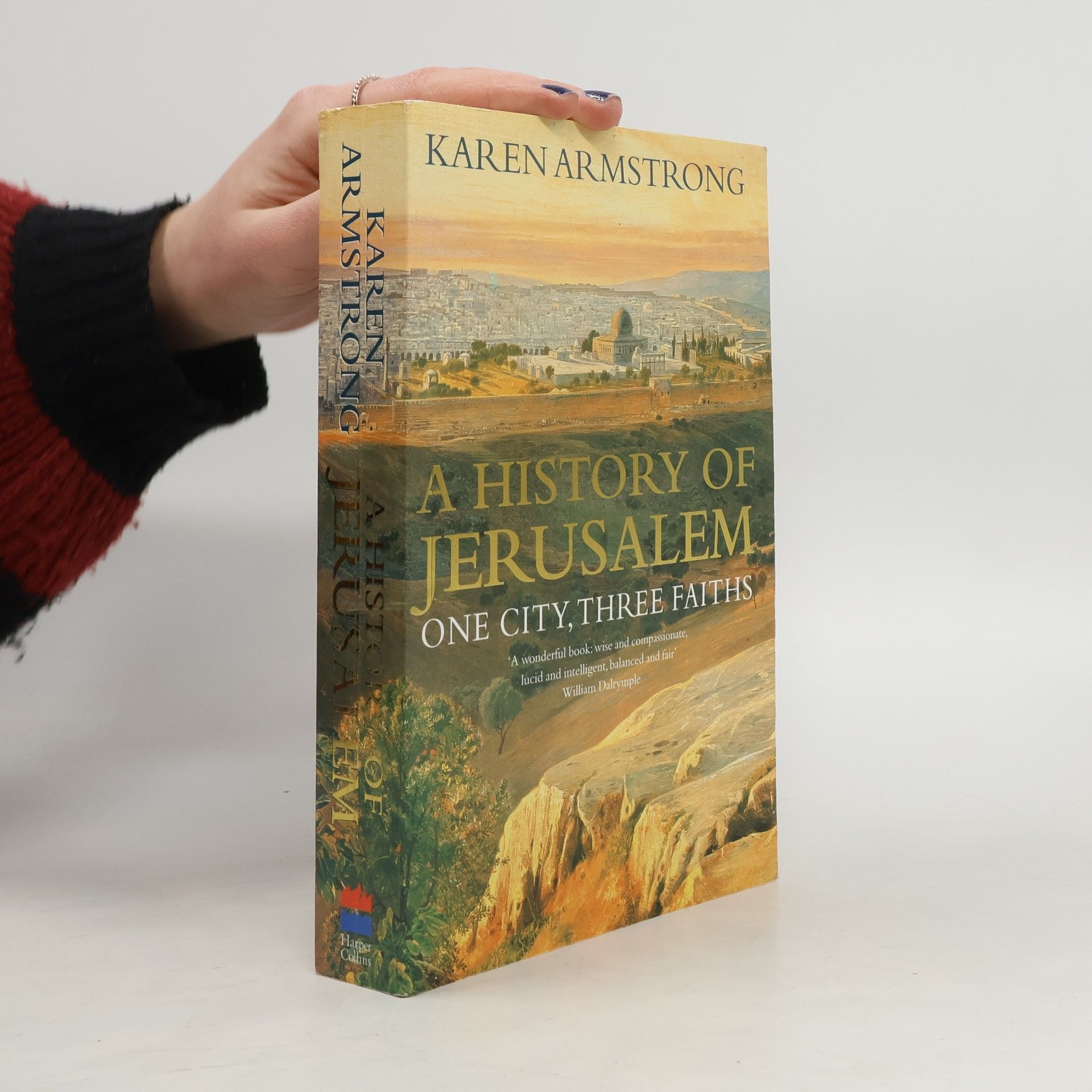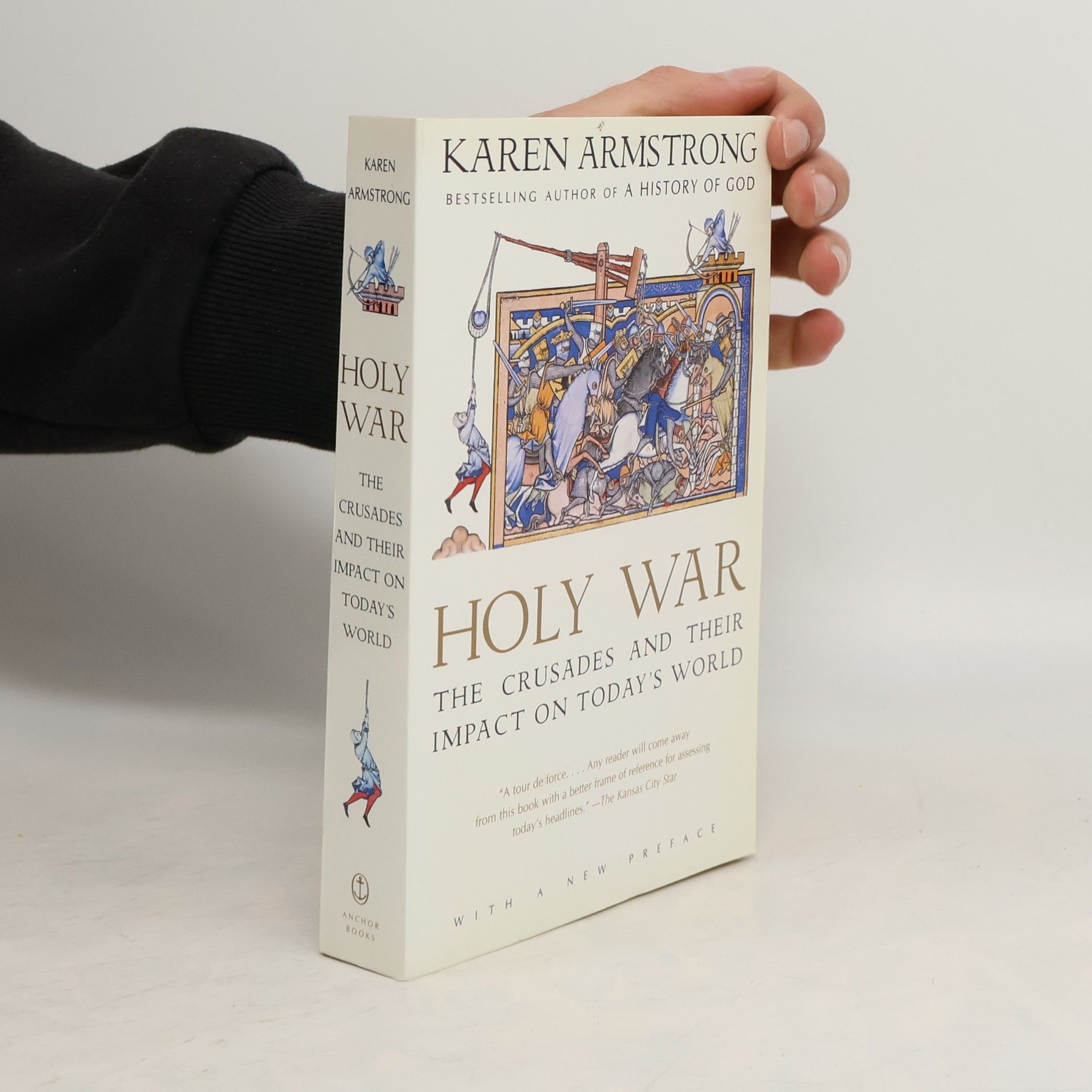Through the Narrow Gate
- 285 pages
- 10 hours of reading
Read and cherished by thousands all over the world since it was first published in 1981, Through the Narrow Gate takes the reader on a spiritual journey that began one September day in 1962 when Karen Armstrong said good-bye to her family at London's King's Cross station and journeyed on to the convent in Tripton to become a nun. Through the Narrow Gate is by turns a book of spiritual revelation and an intimate look at life inside the cloistered walls of the convent.

